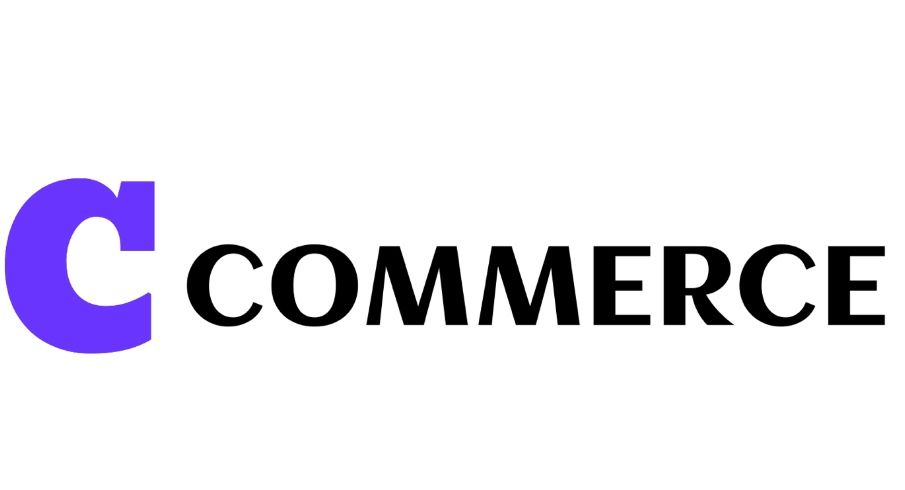Choosing the Right E-commerce Platform: Key Factors to Consider
DL
Understanding Your Business Needs
Choosing the right e-commerce platform is crucial for your business's success. Before diving into the options, it's essential to assess your business needs thoroughly. Consider your product range, target audience, and sales strategy. Understanding these factors will help you select a platform that aligns with your goals.
Additionally, think about the scalability of the platform. Will it grow with your business? If you plan to expand your product line or enter new markets, you'll need a platform that can handle increased traffic and transactions.

Ease of Use and Customization
An intuitive user interface is vital for both you and your customers. A platform that's easy to navigate can reduce friction in the buying process, leading to higher conversion rates. Look for platforms that offer drag-and-drop functionality and customizable templates.
Customization options are equally important. You want your online store to reflect your brand identity. Check if the platform allows for design modifications and custom features. The ability to personalize your storefront can set you apart from competitors.

Payment and Security Options
Offering a variety of payment methods is crucial for accommodating different customer preferences. Ensure the platform supports major payment gateways like PayPal, Stripe, and credit card processing. This not only enhances user experience but also builds trust with potential customers.
Security is another critical factor. Your e-commerce platform must comply with industry standards to protect customer data. Look for features like SSL certification, data encryption, and regular security updates to safeguard transactions and personal information.
Integration Capabilities
An effective e-commerce platform should seamlessly integrate with other tools and applications you use. Whether it's email marketing software, customer relationship management (CRM) systems, or inventory management tools, integration can streamline your operations and improve efficiency.

Check if the platform offers APIs or app marketplaces to connect with third-party services. This flexibility can lead to better data management and more robust business processes.
Cost Considerations
The cost of an e-commerce platform can vary widely based on features, scalability, and support services. It's crucial to understand the pricing model—whether it's a flat rate, transaction-based fee, or a combination of both.
While cost is an important factor, it shouldn't be the sole determinant in your decision-making process. Sometimes investing in a slightly more expensive platform can yield better returns in terms of functionality and support.

Customer Support and Resources
Reliable customer support can make a significant difference in your e-commerce journey. Evaluate the support options available—be it live chat, phone support, or comprehensive documentation. Quick access to assistance can help resolve issues promptly, minimizing downtime and lost sales.
Additionally, consider the community and resources available for the platform. A vibrant user community can provide valuable insights, tips, and solutions to common challenges faced by e-commerce businesses.
Final Thoughts
Selecting the right e-commerce platform involves careful consideration of various factors. From understanding your business needs to evaluating integration capabilities and cost implications, each element plays a role in shaping your online success.
Take the time to explore different platforms and test their features against your requirements. Remember that the best choice will support your current operations while allowing room for growth and innovation.
